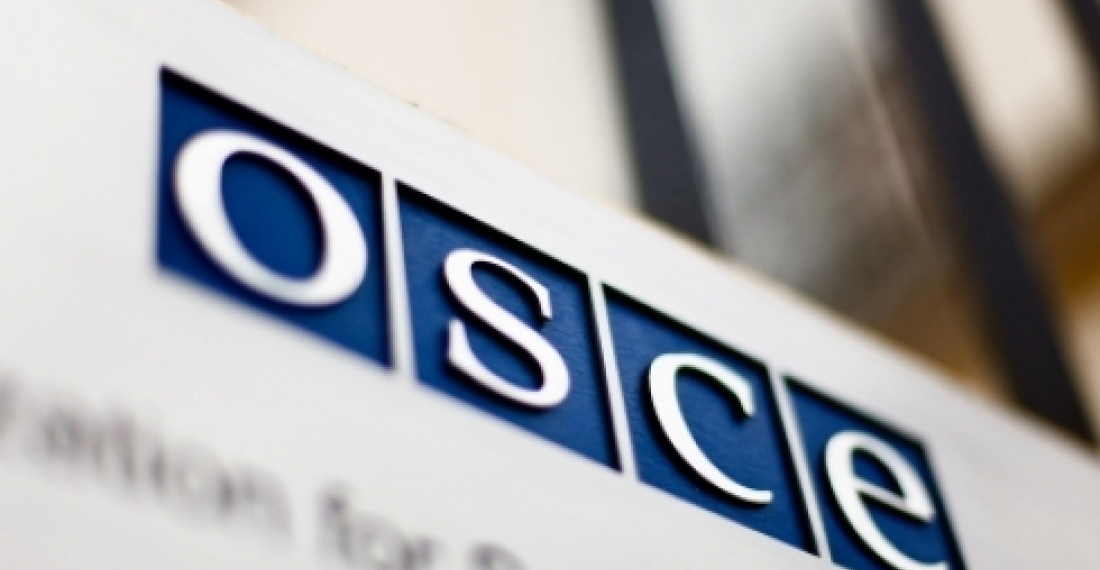Representatives of the 56 member states of the OSCE, together with delegates from international organisations and civil society representatioves are currently meeting in Vienna to discuss election observation and the recommendations provided by observation missions of the OSCE. The meeting is organized by the Irish OSCE Chairmanship and ODIHR.
Irish Ambassador Eoin O’Leary, the Chairperson of the OSCE Permanent Council, said that election observation is central to developing and maintaining confidence in democratic systems of government. “OSCE election observation is conducted both for the benefit of the people of the country holding the elections and for the benefit of the OSCE security community as a whole,” O’Leary said. “The OSCE election observation missions increase the legitimacy and democratic credentials of elections so that the electoral process and outcomes reflect the will of the people and enjoy recognition both inside and outside the country.”
Azerbaijani and Armenian diplomats attending the meeting clashed during the first session. The representative of Azerbaijan brought to the attention of the meeting the Presidential elections scheduled to be held in Nagorno Karabakh on 19 July. She claimed that the elections were an attempt of the Armenian government to legitimise its occupation of nagorno-Karabakh. She reminded the participants that hundreds of thousands of Azerbaijanis remain displaced by the conflict and asked OSCE member states to ensure that their citizens do not observe the elections.
On his part the Armenian delegate rejected the Azerbaijani claims and said that the elections were an expression of the free will of the people of Nagorno-Karabakh and the OSCE and the international community should welcome them and give them support. he said that international monitors will observe the elections.
source: Commonspace.eu







